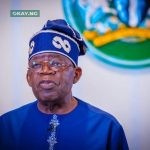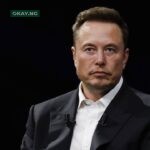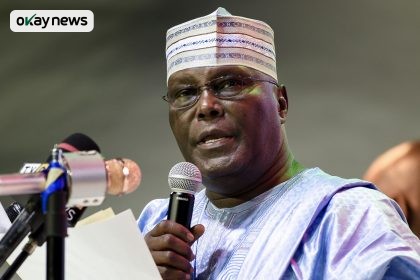Aliko Dangote, President and Chief Executive of Dangote Petroleum Refinery, has declared that Nigeria’s decades-long struggle with fuel queues has ended since the refinery began producing petrol in September 2024.
Speaking at an anniversary event marking one year of operations, Dangote said Nigerians had endured persistent fuel shortages since 1975, but the refinery had changed that narrative. “We have been battling fuel queues since 1975, but today Nigerians are witnessing a new era,” he said.
Dangote revealed that the project carried enormous risks, admitting he could have lost all his assets if it had failed. Despite opposition and warnings, he said the decision was anchored on belief in Nigeria and Africa.
The refinery, with a current capacity of 650,000 barrels per day, has reduced petrol prices from nearly N1,100 per litre before production began to N841 in key regions. With the rollout of 4,000 CNG-powered trucks, Dangote expects price relief nationwide.
Between June and early September 2025, the facility exported more than 1.1 billion litres of petrol, helping to stabilise domestic supply while earning foreign exchange. He stressed that the refinery is creating thousands of jobs, not displacing workers, with drivers, mechanics, and support staff earning wages above the minimum standard.
Dangote urged Nigeria to protect its industries from cheap imports, warning that industrialisation is the only path to sustainable growth. “Relying on imports means exporting jobs and importing poverty,” he said, calling for stronger legislative support for local production.
Looking ahead, the refinery plans to expand to 700,000 barrels per day in its second year, while also scaling production of polypropylene and fertilisers to position Nigeria as a continental hub.
He reiterated that the refinery would not enter the retail filling station business but would remain focused on production, logistics, and partnerships across the downstream sector.
Dangote thanked the Federal Government, the refinery’s workforce, and partners for their support, while commending the Independent Petroleum Marketers Association of Nigeria (IPMAN) for embracing the CNG-powered truck distribution model.







